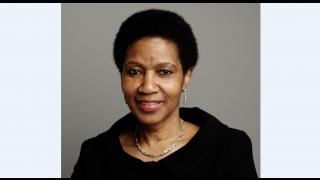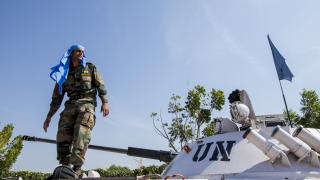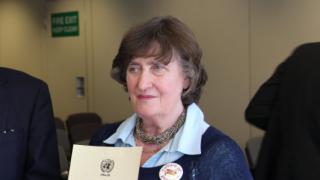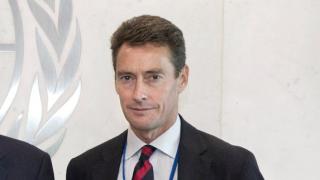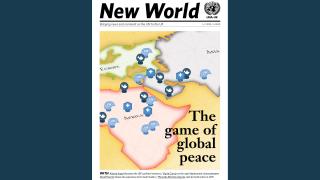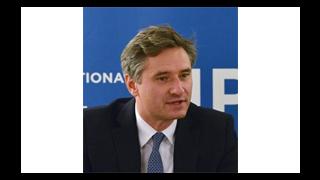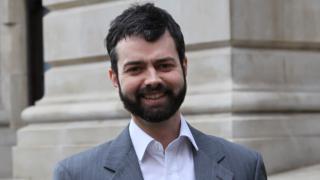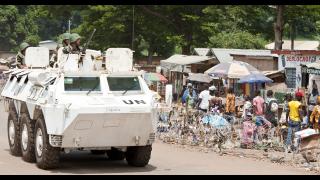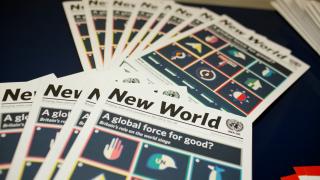
UN peacekeeping today is a world apart from how it first began in 1948. No longer merely monitoring the borders of states that have ceased hostilities, UN peacekeepers are expected to protect civilians, run counter-insurgency operations and maintain law and order in live conflict zones where competing factions may be hostile to the UN's presence. With 16 UN peacekeeping missions taking place across the globe and a record 122,729 serving personnel, UN peacekeeping is stretched to its limits.
UN troops are often deployed to areas that they have no experience in, and without detailed knowledge of the local situation. Intelligence has become vital, ranging from simple information – what is the terrain like, where are rival factions based, who runs the services in this area – to the complex – what munitions do the competing factions have access to, are they planning operations soon, what are their unstated aims in the conflict. Modern technology such as mobile and satellite phones and the internet are now ubiquitous in conflict zones, making it necessary for actors to actively gather intelligence.
Access to this intelligence both helps to protect the UN's own personnel, as well as improve their capacity to help others and identify early warning signs of mass atrocities. But access to this sort of information is not guaranteed. While the UN does gather information, this is done on an ad hoc basis at the discretion of the leadership of each deployment, making it difficult to share best practice or ensure continuity between missions. The UN has also tended to rely heavily on information gathered through community engagement and open sources. Active intelligence gathering has been shunned, even when it has been used by other international organisations to great effect – such as the OSCE’s use of drones to monitor the border in Ukraine.
The problem is that the UN has no centralised intelligence-gathering structure - almost the opposite in fact, with some member states fighting to ban 'intelligence' from the UN's vocabulary altogether. Fears are that UN intelligence gathering would become the UN spying on member states, or would increase the power of the Secretariat through access to privileged information. Instead, the UN has to rely on intelligence provided by either the parties it is acting as a peacekeeper between or member states with sturdy intelligence apparatuses.
But these parties are not always forthcoming, sometimes with dangerous consequences. During the 2006 Lebanon War, the United Nations Interim Force in Lebanon was unprepared for the Israel Defence Forces’ advance, and unable to communicate the situation on the ground effectively to the UN Secretary-General. The signs were there – increased troop movements on the border, a concentration of men and materiel – but the UN did not have the intelligence infrastructure to identify the brewing conflict and act accordingly.
Intelligence provided by purportedly neutral member states also has significant problems. Are they providing it for their own gain? Can the UN know that they are showing the whole picture, and not just a version that may influence how the UN responds? What about the ethics of how it was gathered? The UN relies on the US as a major intelligence partner, but the revelations of the CIA torture report last year raises questions as to whether the UN may have acted on intelligence gathered through methods that are illegal under international law. Individual member states are also often reticent to contribute to the UN, fearing that the distribution of such intelligence could reveal how it was gathered. Truly important intelligence that could impact on UN deployments is often not disclosed.
Centralised UN intelligence gathering would lead to a sea-change in how deployments are made, and their actions once on the ground. Crucially, UN intelligence could be used to act early to protect civilians before they come into harm, reducing the economic and human costs of intervention for all involved.
Ben Oliver is a Political and Security Risk Analyst at Riskline, and holds an MA in Middle East and Central Asian Security Studies from the University of St Andrews



